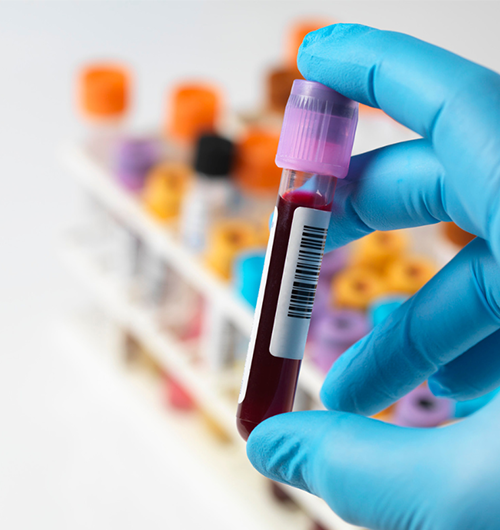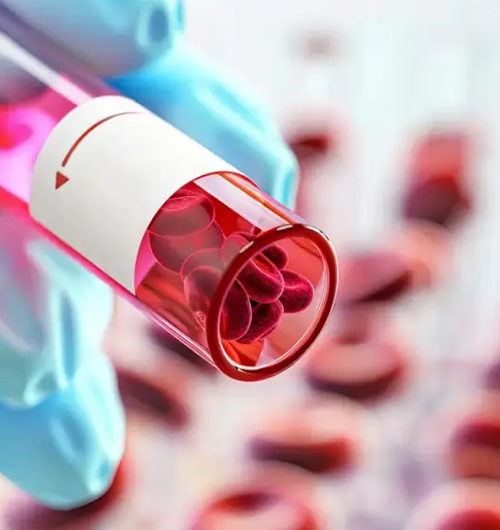Hematology genetic testing is a specialized diagnostic tool used to identify inherited blood disorders by analyzing an individual’s DNA. This testing helps detect mutations in genes that influence blood cell production, clotting, and function. It plays a vital role in diagnosing conditions like thalassemia, sickle cell disease, hemophilia, and various clotting or platelet disorders. Early detection through genetic testing allows for personalized treatment plans, risk assessment for family members, and informed reproductive choices. This test is especially useful for individuals with unexplained anemia, abnormal bleeding, or a family history of blood-related conditions. It’s a cornerstone of precision medicine in hematology.
Choosing hematology genetic testing offers valuable insights into the genetic causes of blood-related conditions, enabling earlier and more accurate diagnosis. This advanced testing helps uncover inherited mutations responsible for disorders like anemia, clotting abnormalities, and bone marrow failure syndromes. By identifying the exact genetic defect, healthcare providers can tailor treatment strategies, avoid unnecessary interventions, and better predict disease progression. It also plays a crucial role in family planning and assessing risks for relatives. Whether managing chronic symptoms or preparing for procedures like stem cell transplantation, hematology genetic testing empowers patients and physicians with critical information for informed medical decisions.





Hematology genetic testing is recommended for individuals with a personal or family history of blood-related conditions, as well as those experiencing unexplained hematologic symptoms. It’s especially important for patients with recurrent issues involving anemia, clotting, or abnormal bleeding. Testing can guide diagnosis, treatment, and inform family planning decisions. Identifying genetic mutations early can prevent complications and support more effective management strategies.
You should consider this test if:

A healthcare provider reviews your personal and family history, symptoms, and blood test results to determine the need for genetic testing.
You are educated about the purpose, benefits, risks, and limitations of the test, followed by signing a consent form.
A blood sample (or sometimes saliva or buccal swab) is collected under sterile conditions for DNA extraction.
The laboratory isolates DNA and uses techniques like PCR, NGS (Next-Generation Sequencing), or MLPA to identify mutations in relevant genes.
Genetic specialists analyze the findings to determine the clinical significance of any detected variants.
A detailed report is sent to your physician, and a genetic counselor explains the results, potential health implications, and next steps.

 01
01
Our fully integrated E-Lab platform offers online test ordering, real-time tracking, and secure digital reporting bringing convenience and control to both physicians and patients across the country.
 02
02
From routine blood tests to complex genetic panels, we leverage cutting-edge platforms like NGS, PCR, and AI-powered analytics for maximum accuracy and clinical relevance.
 03
03
With lab facilities based in Florida, we ensure faster processing times and direct access to our expert team. You get timely results backed by responsive, local customer support.
At E-lab, we are dedicated to innovation, collaboration, and seamless growth.
